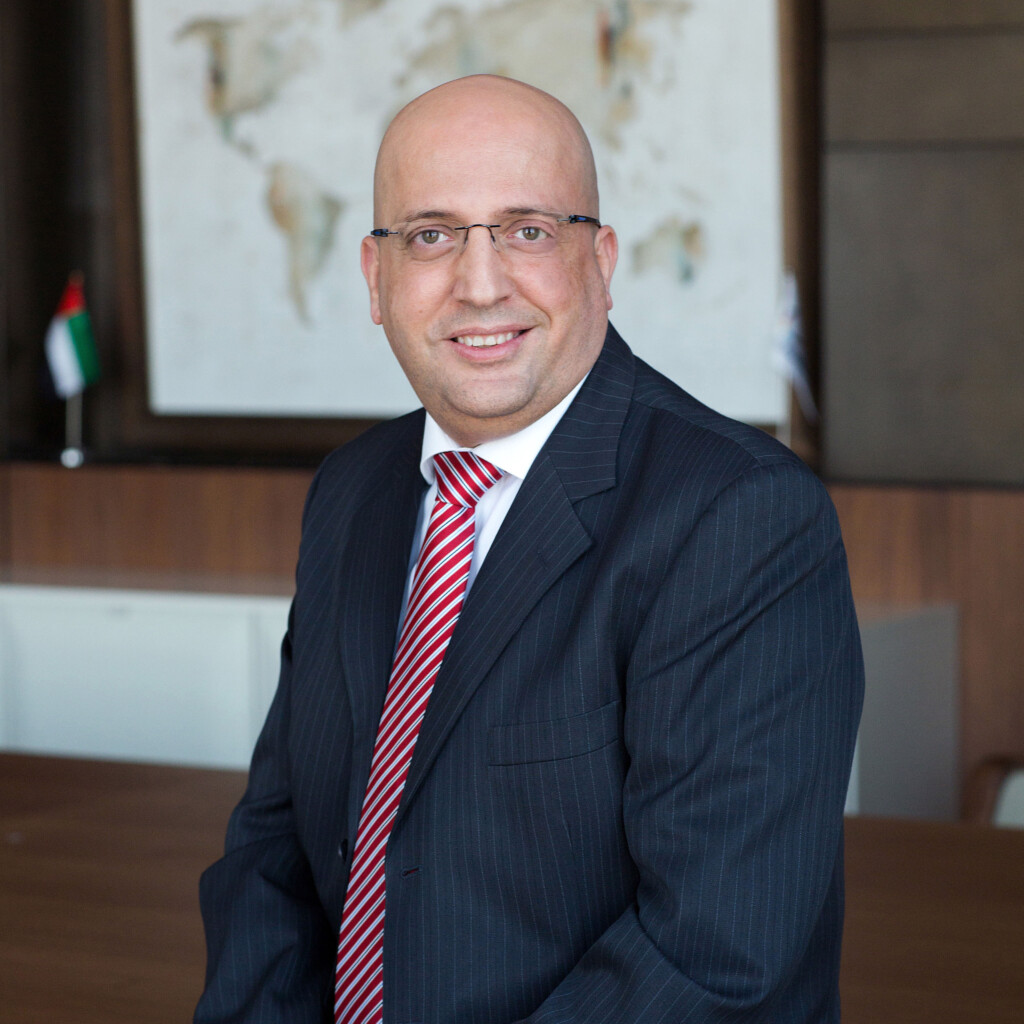Mario Foster is a thought leader in the technology and cybersecurity industry with an impressive 30-year record track of success as a technology leader. Mario is known for his expertise and leadership in driving digital transformation and leading cybersecurity initiatives. He is currently the Group CIO at Al Ghurair Group and has previously worked in leadership roles with Al Naboodah Group, Pan Gulf Holding Group, and Rawabi Holding Group. He is passionate about aligning IT policies with business objectives and optimizing business applications, making him a true visionary.
His exceptional superintendence and dedication have not gone unnoticed, as he has been honored with prestigious awards such as the Global CIO 2021, 2022 & 2023 under the CIO Legend category and recognition as one of the Top 10 CIOs in the MENA region by “CIO Middle East” Magazine, securing third place.

In this interview, we had the opportunity to speak with Mario to gain insights into the current cybersecurity threat landscape and the future direction of the cybersecurity industry. With the rapid digital transformation across various sectors, securing digital assets and safeguarding against cyber threats has become necessary. Mario provides the importance of integrating cybersecurity into the overall business strategy and fostering a security-centric culture.
- Based on your experience, what is the current state of the cybersecurity threat landscape, and what do you foresee as the future direction of the cybersecurity industry?
The current state of cybersecurity is fast-paced and rapidly evolving due to increased digitalization, with threats such as ransomware and phishing attacks becoming more frequent. Moreover, the rise of IoT devices and cloud solutions has broadened the potential for attacks.
Looking ahead, AI and Machine Learning will play key roles in threat detection and response, in addition being used by cybersecurity criminals. The ‘zero trust’ security model will gain importance, treating every request as potentially untrusted. With stricter data privacy regulations like the GDPR, businesses will need to focus more on data protection and compliance. Overall, the future of cybersecurity is not just about technology; it also involves fostering a security-centric culture within organizations.
- As a technology leader, how do you ensure that cybersecurity measures are integrated into the overall business plan and not viewed as a separate function?
Integration of cybersecurity measures into the overall business plan is achieved through constant communication and collaboration. It’s vital to demonstrate to stakeholders that cybersecurity is not an isolated IT function but an essential aspect of risk management and business continuity. Hence, all key business decisions should consider potential cybersecurity implications.
- What frameworks and methodologies would you recommend adopting to effectively mitigate the risks posed by cyber threats and enhance overall cybersecurity?
For an effective cybersecurity posture, I recommend adopting the ISO 27001 framework and the NIST Cybersecurity Framework. ISO 27001 provides a comprehensive approach to security of information, while NIST offers guidance for identifying, assessing, and managing cybersecurity risks. Regular audits, penetration testing, and employee training are also crucial to enhance cybersecurity.
- Can you share the top five challenges in the digital transformation and cybersecurity industry as we move forward?
The top five challenges in digital transformation and cybersecurity would be the rapid pace of technology change, shortage of skilled cybersecurity personnel, ensuring data privacy, securing cloud environments, and the growing sophistication of cyber threats. As we increasingly depend on AI and other advanced technologies, ensuring their security also poses a significant challenge.
- What advice would you give aspiring technology leaders looking to impact cybersecurity as technology advances significantly?
My advice to aspiring technology leaders would be to stay abreast of the latest trends and threats in cybersecurity. Always maintain a risk management perspective and never stop learning. Also, remember that people are as important as technology in cybersecurity – foster a security-aware culture within your organization.
“Securing digital assets in this rapidly evolving cybersecurity landscape is crucial. Data protection and compliance will gain further prominence due to stricter regulations like GDPR. To effectively mitigate cyber risks, consider implementing ISO 27001 and the NIST Cybersecurity Framework. Remember, cybersecurity is a collective effort, so foster a security-aware culture within your organization.” – Mario Foster, Group CIO at Al-Ghurair Group.
